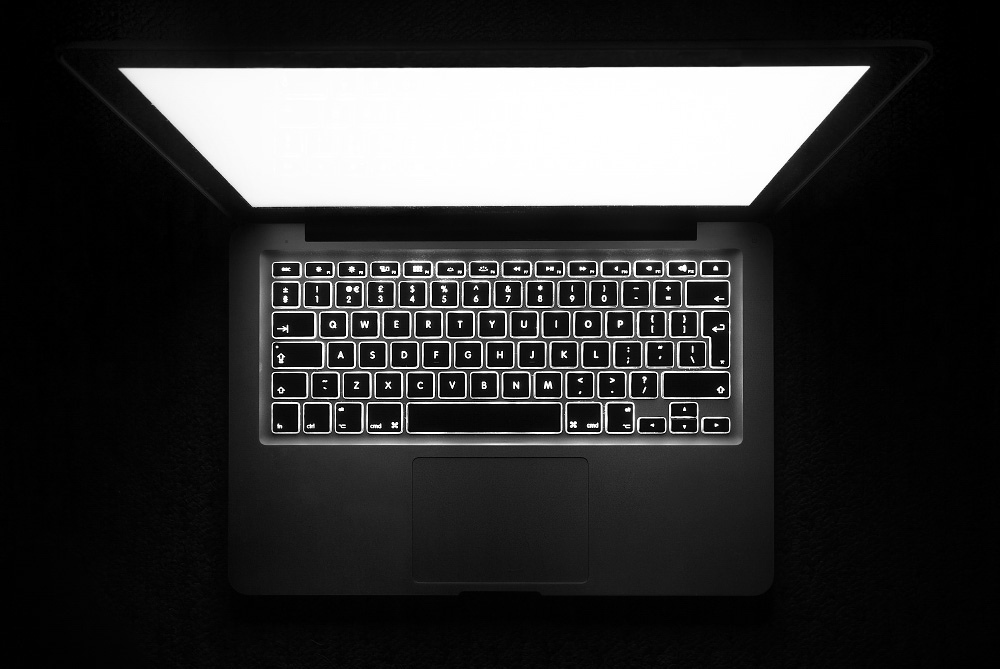As the new writing intern for Facilities Team Green, upon reading my bio, some of you may still be wondering, “why is a political science major working for a sustainability blog?” Well, my friends, it actually makes sense. Writing serves as my greatest outlet and politics and sustainability are very intertwined.
Along my journey to becoming more sustainable, I’ve been discovering that various actions, such as me typing away on my laptop, can be considered sustainable solutions. A lot of the seemingly simple actions we engage in have the potential to do their part in reducing energy waste as well as reducing environmental damage.
BUT, before I pat myself on the back for taking the bold step to, *gasp!* type on my laptop rather than use pen and paper, let’s focus on the key word in a previous sentence: ‘could.’ If I’m honest with myself, though one can argue that I’m doing my part in saving trees, I have to question if I’m doing harm in some other way– say by using an excessive amount of electricity. Should I be using the power saving settings on my laptop to reduce the amount of times I have to charge it? The answer is yes. There is always room for making adjustments.
Getting Unplugged
As a MacBook Air owner, my laptop is already a bit more energy efficient than other models. ENERGY STAR, the Environmental Protection Agency’s low energy qualification program, gives the MacBook Air a 6.1 qualification. However, I can take extra steps to make sure that I am maximizing the energy efficiency of my laptop.
Many of us are guilty of this, and I was too until my sister made me aware of the impact of overcharging my laptop. Leaving your laptop plugged into a wall when it is fully charged contributes to a constant stream of energy usage that could be avoided. Unplug your laptop when it’s carrying a decent charge and you should be good. You’ll also be doing yourself and the environment a favor by prolonging the lifespan of your battery.
While you’re considering the lifespan of your laptop, try changing your energy settings to power saver mode. If your settings have not been adjusted, you actually end up using more energy.
Sometimes, it’s the little things that count when it comes to being engaged in what it means to be sustainable. Though not all of us can afford to swap a pen and paper for a laptop, perhaps we can take other steps such as using natural light or turning off the light in a vacant room. We can all do something to engage in the mission of sustainability– even political science majors. Take the Go Green Pledge to see what other steps you can take to be sustainable!
Written by Darya Nicol, class of 2016

